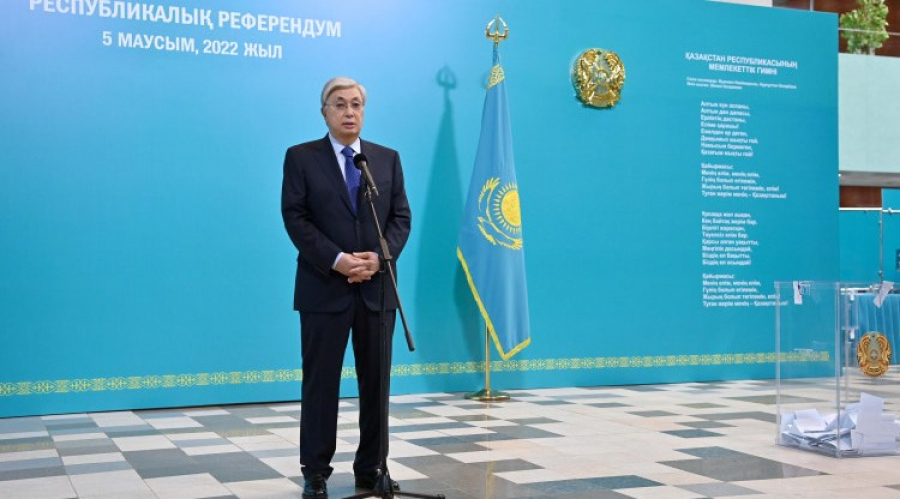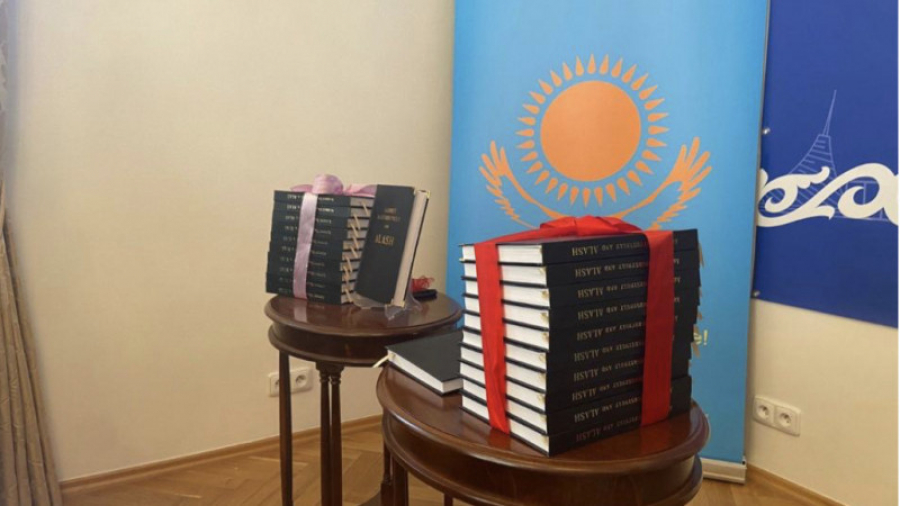
Abulkhair Khan, belonging to the
Shaybanid dynasty, stood at the origins of Kazakh statehood, according to the
authors of a scholarly work prepared by a research group in celebration of the
800th anniversary of the Ulus Zhoshy Khan. The collective monograph, titled
‘The Shaybanid Dynasty in the History of the Kazakh Khanate,’ was presented in
the country’s capital. The book features interesting historical facts. For
example, the founder of the influential dynasty, Shiban, the youngest son of
Zhoshy, was born in the territory of the present-day Atyrau region. He was
proclaimed a khan at the Tobol River and laid to rest in the ancient Syganak.
Notably, these and other details were meticulously gathered by a group of
scholars through years of dedicated work with ancient archival documents and
maps dating back to the 15th and 16th centuries. The book is now available to
readers in Kazakh and Russian languages.
“Abulkhair of the Shaybanid
dynasty was born and resided in the territory of present-day Kazakhstan. Tatar,
Russian, Uzbek, and Tajik researchers, in collaboration with our domestic
historians, participated in the preparation of this book. Based on numerous
analyses, they unanimously agree that this ruler is directly linked to the
origins of the formation of the Kazakh Khanate. It is known that Abulkhair’s
children, Mukhamet and Mahmut, later migrated to the territory of Uzbekistan
and established the Uzbek state there,” Burkitbai Ayagan, historian and the collective
monograph’s academic supervisor, said.
The importance of such research
cannot be overstated, as understanding and preserving historical heritage helps
strengthen national identity. As highlighted by Kazakh President Kassym-Jomart
Tokayev in a recent interview with the Egemen Qazaqstan newspaper, this year
marks the 800th anniversary since the establishment of the Ulus Zhoshy Khan. To
commemorate this event, significant research work will be conducted in the
country. Additionally, the preparation of a multi-volume book on the history of
Kazakhstan, involving over 200 domestic scholars and around 60 foreign
specialists, will be completed this year.









